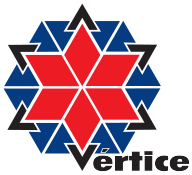

Pré-Alfa (Pre-Literacy), Alfa 1 (Literacy 1), Alfa 2 (Literacy 2), and 1st Grade
In Vértice Early Childhood Education, children begin a journey of discovery and learning. Associated with a varied program, learning spaces stimulate curiosity, socialization, hands-on activities, experimentation, the notion of “myself” and the “other”, positive bonds, and autonomy.
Our highly-qualified staff – which includes two teachers per class, in addition to teachers specialized in specific subjects – assists students in this process so that they achieve their physical, emotional, social and intellectual potential. The pace of each child is taken into account, with individualized actions in collaboration with the family.
Therefore, children feel safe in a welcoming environment with a well-structured routine, being free to explore spaces, senses and their ability to communicate and interact with the world around them, even if that world means the space behind the School’s yellow walls.

Different areas of knowledge contribute to the full development of students in early grades: Languages, Mathematics, Natural Sciences, Human Sciences, Music (rhythm, instruments and musical repertoire), Arts in English (children learn words, phonemes and practice the language, giving way to artistic skills), Physical Education, Balance and Movement (body and spatial notion and motor coordination), Storytelling (with playful narratives that stimulate imagination and expressiveness), Technology (using tablets and robotic toys, children test hypotheses and commands, develop laterality, logical reasoning and group work), Culinary (positive relationship with flavors and food by cooking recipes) and Library (children explore the universe of books).

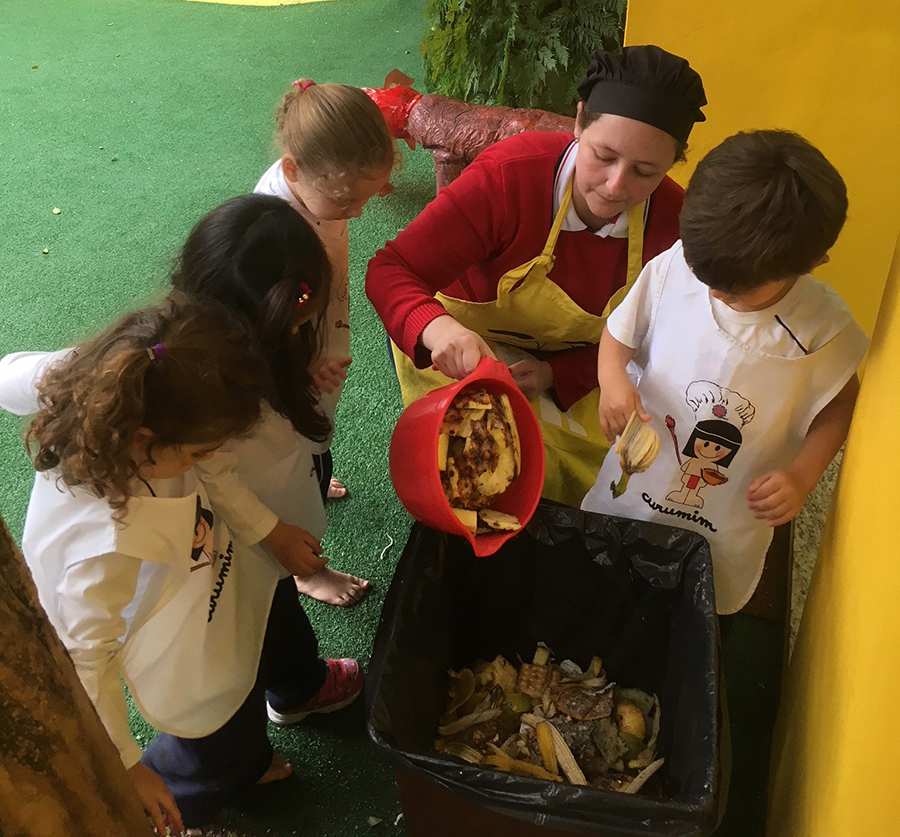
Values such as sustainability, citizenship, empathy, family and cultural diversity are also explored throughout the school year, with projects and experiences outside the classroom that complement our full development approach.
One of our most interesting projects is Composting. Organic waste produced in Early Childhood Education is transformed into compost for the school’s green areas, such as vegetable gardens. Children are directly involved in the process, collecting and sorting materials. Along with our gardening team, they follow planting activities and explore the flavors and textures of the vegetables grown. In one of the stages of the project, children teach students of other grades about the importance of this work.
Brinquenique (Picnic and Play) is a traditional picnic experience at Vértice and another school initiative. Early Childhood Education students, their families and our teaching staff get together for a morning of recreation and fun games with plenty of school-family integration. This event is a symbol of school-family collaboration, which is crucial for children development throughout their school lives.
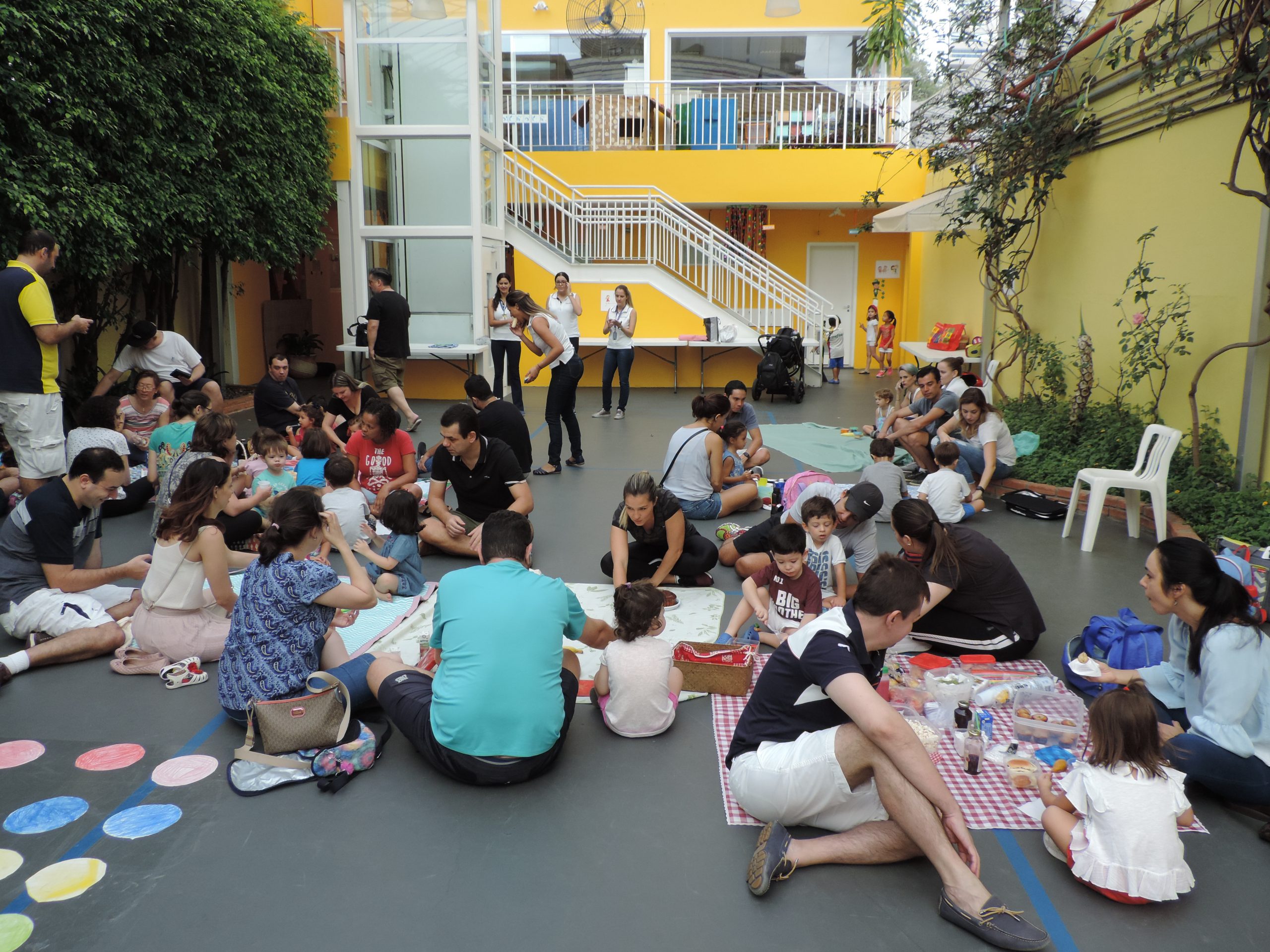


Activities carried out in Early Childhood Education, whether inside or outside the classroom, are intended to encourage psychomotor development: tonicity, balance, body notion, spatial and temporal notion, laterality, and gross and fine motor skills (important for writing).
Thus, children begin to recognize themselves and become aware of their own bodies, intentionally using them as an instrument of action, interaction and expression. Motor development and control of new movements allow students to have increased autonomy and confidence as they interact with the environment and the learning process itself.
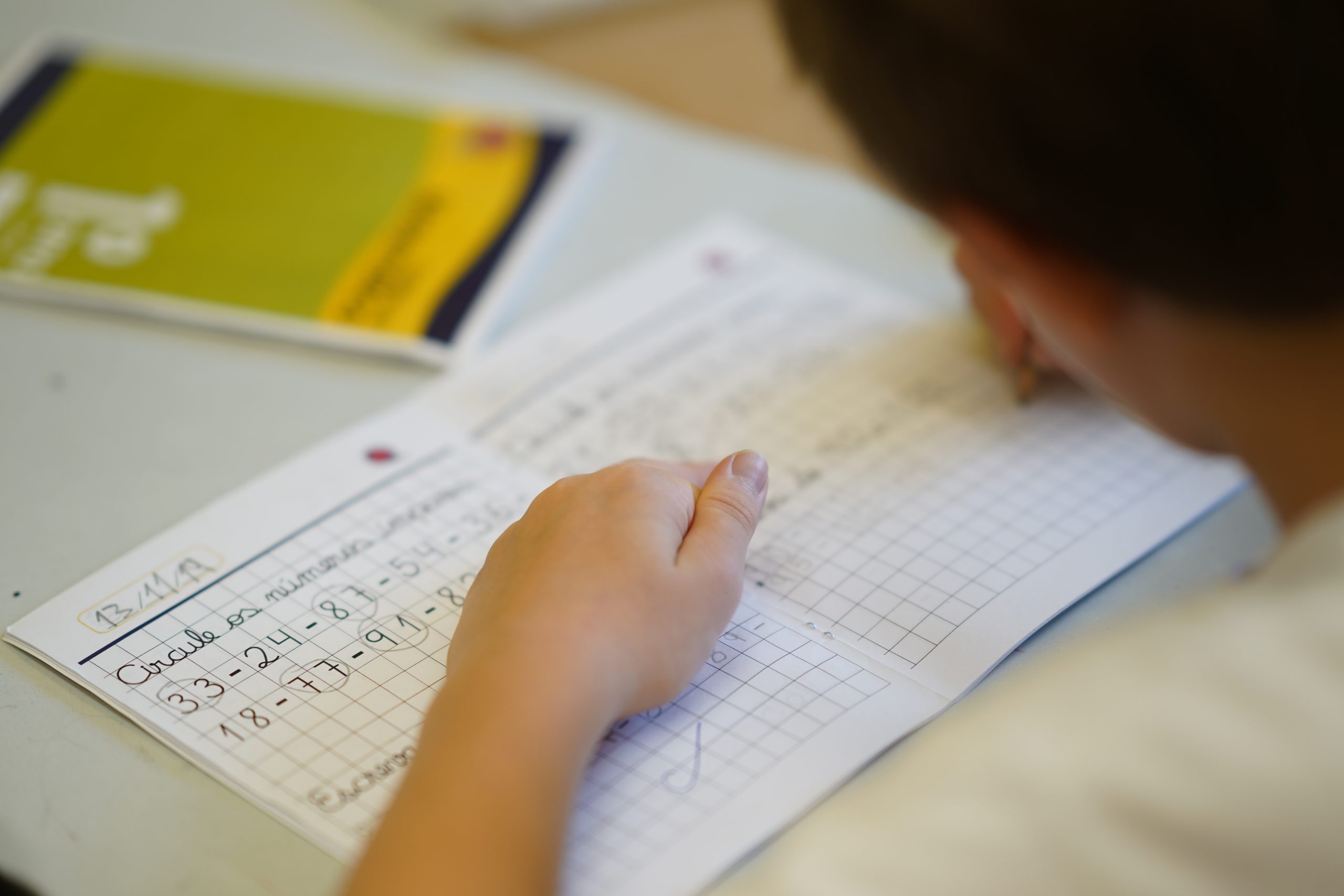


Starting in Alfa 1, activities are conducted to help students gradually build a study habit, with homework being part of the students’ routine. This practice is one of the pillars of Vértice’s pedagogical proposal and the level of complexity increases at each grade.
To guarantee children can carry out their tasks with autonomy (even before being literate), question instructions contain symbols to help them understand what is being asked. As students get familiar with images and codes, they become increasingly independent in the process.
The same logic is applied when children are learning to read and write in the 1st grade. Teaching how to read and interpret instructions is a fundamental part of the work developed with this age group.


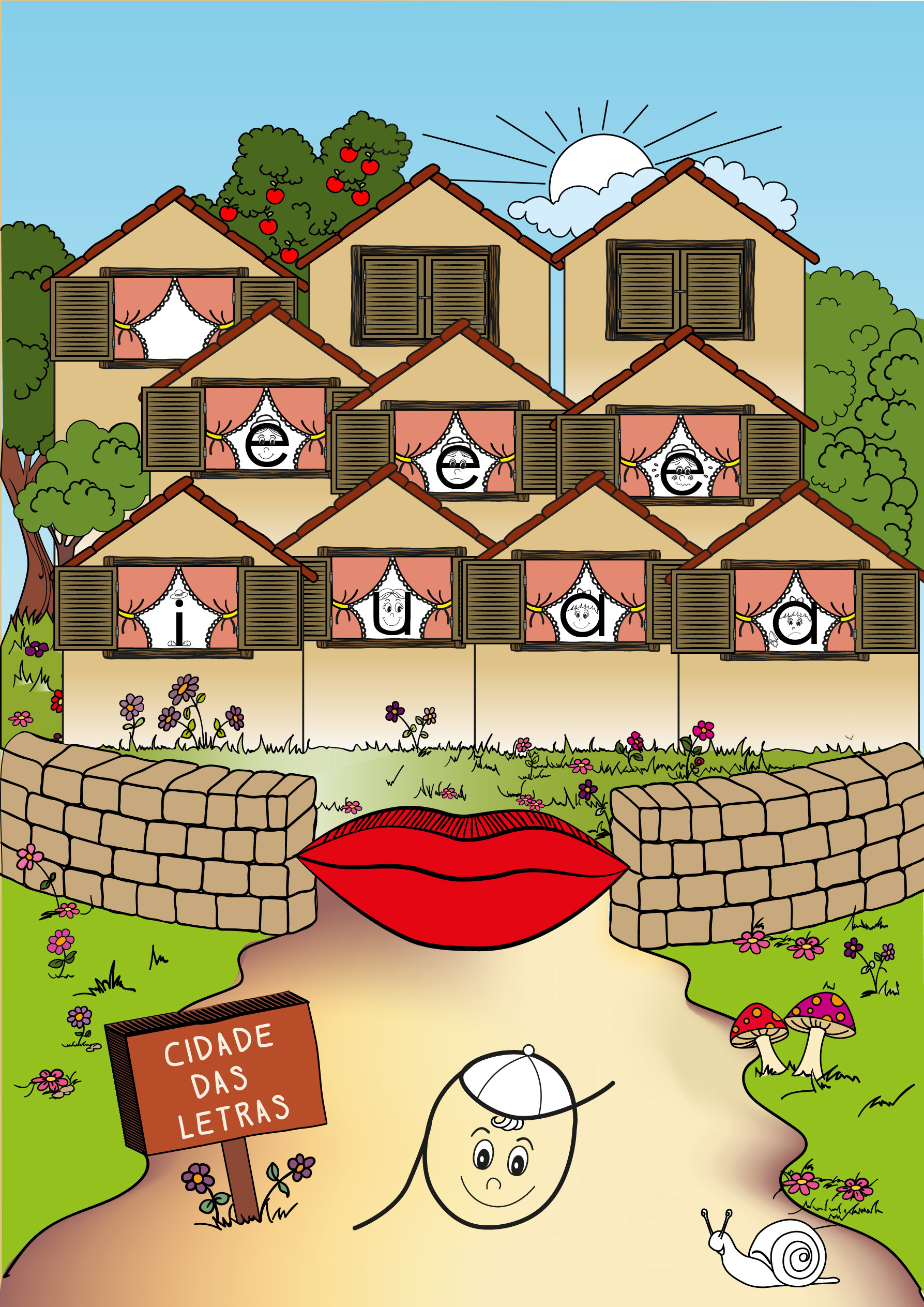
Literacy teaching deserves a whole dedicated chapter; after all, one of the unique aspects of Vértice is having its own methodology, created by our principal and founder, Walkiria Gattermayr.
“I am a linguistic by training, I hold a Bachelor’s degree in Literature and Languages; therefore, I was very familiar with the ‘obstacles’ of the Portuguese language. For this reason, I developed a fun literacy method designed especially for children, with syllable groups being represented by drawings in the City of Letters”.
Through this project, children learn and internalize syllable groups, and are introduced to basic writing. This includes tasks designed to awaken their desire to read and write in a systematic and playful way. Also, classes encourage children to read several books that complement literacy teaching, leading them to interpret short texts independently.
Thus, literacy, interpretive reading and building a study habit are the bridges and tools students need to move to the next stage of their school lives, the 2nd grade of Elementary School.
